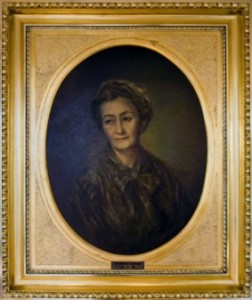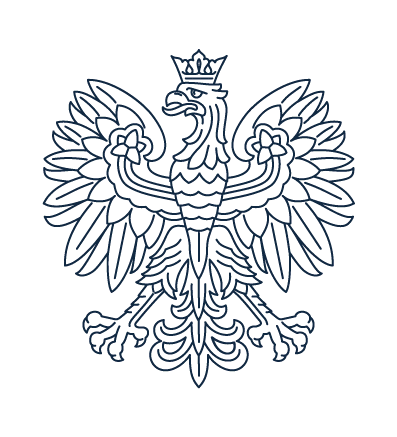Stefania Łobaczewska 1952-1955
 b Lvov 31 July 1888, d Kraków 16 January 1963
b Lvov 31 July 1888, d Kraków 16 January 1963
Rector of the PWSM (1952-55)
Musicologist, music critic
Studied musicology with A. Chybiński in Lvov and G. Adler in Vienna. She received her doctoral degree on the basis of a dissertation entitled Of K.A. Debussy’s Harmony in His First Creative Period (1930). In 1937 she published Overview of Musical Aesthetics. There, she presented a radical, dualistic, psychological and relativistic concept of music as sound-sensual expression of feelings. In her views on music she combined psychologism with historical-sociological perspective. During the interwar period she cooperated as a music reviewer with Gazeta Lwowska, and in the first years after the war with Dziennik Polski in Kraków. In the years 1939-41 she taught music history and theory at the Ukrainian Conservatory in Lvov. In 1944 she came to live in Kraków. The city remained the place of all her postwar activities. She cooperated with Rector Z. Drzewiecki on the organization of PWSM, where she undertook pedagogical activity. Her Music History Charts with Commentaries (1949) and Overview of the History of Musical Forms. An Attempt at Sociological Perspective (1950) were used by many generations of students as basic textbooks for music history and forms. She habilitated at the University in Poznań (1949). In 1950 she published a monograph K. Szymanowski. Life and Work and in the years 1960-62 a fundamental 2-volume work Musical Styles, which she did not manage to finish. The issue of musical style was at the center of her professional interests. In the presentation of the subject she put particular emphasis on social functions of musical work and on the relation between content and form. From 1954 to the end of her life, she was in charge of the Music History and Theory Department at the Jagiellonian University. In 1959 she was honoured with the Cavalier’s Cross of the Order of Polonia Restituta.
She was head of the School during the most difficult years of ideological pressure, times when art as well as academic and cultural life were strictly administered. In that specific situation her role was that of a protective umbrella over the faculty members and students. In her own academic activity she accepted the doctrine of socialist realism, but she tried to criticize its dogmatic threads, she opposed the depreciation of both instrumental music and of modern developments in composition techniques. In the years of her Rectorship the opera section, created by Włodzimierz Kaczmar, developed its activity. The section prepared stagings of fragments, and with time of entire operas, such as Straszny Dwór, Rigoletto, Faust, Halka as well as the complete Traviata and Eugene Onegin. In those unfavorable circumstances a Student Academic Association began its activity. In March 1955, the association organized a convention of student academic associations combined with a three-day session devoted to the issue of propagating music. In 1952 the Ministry of Culture and Art introduced postgraduate studentship in the form of a three- year study combined with a state scholarship, which enabled the particularly talented students further artistic development. In the Kraków PWSM such form of studies was opened in the specialties of piano and composition; among the students who completed the postgraduate studentship were pianists J. Drath and Z. Śliwiński, and composers W. Kilar and J. Świder.
Leszek Polony






